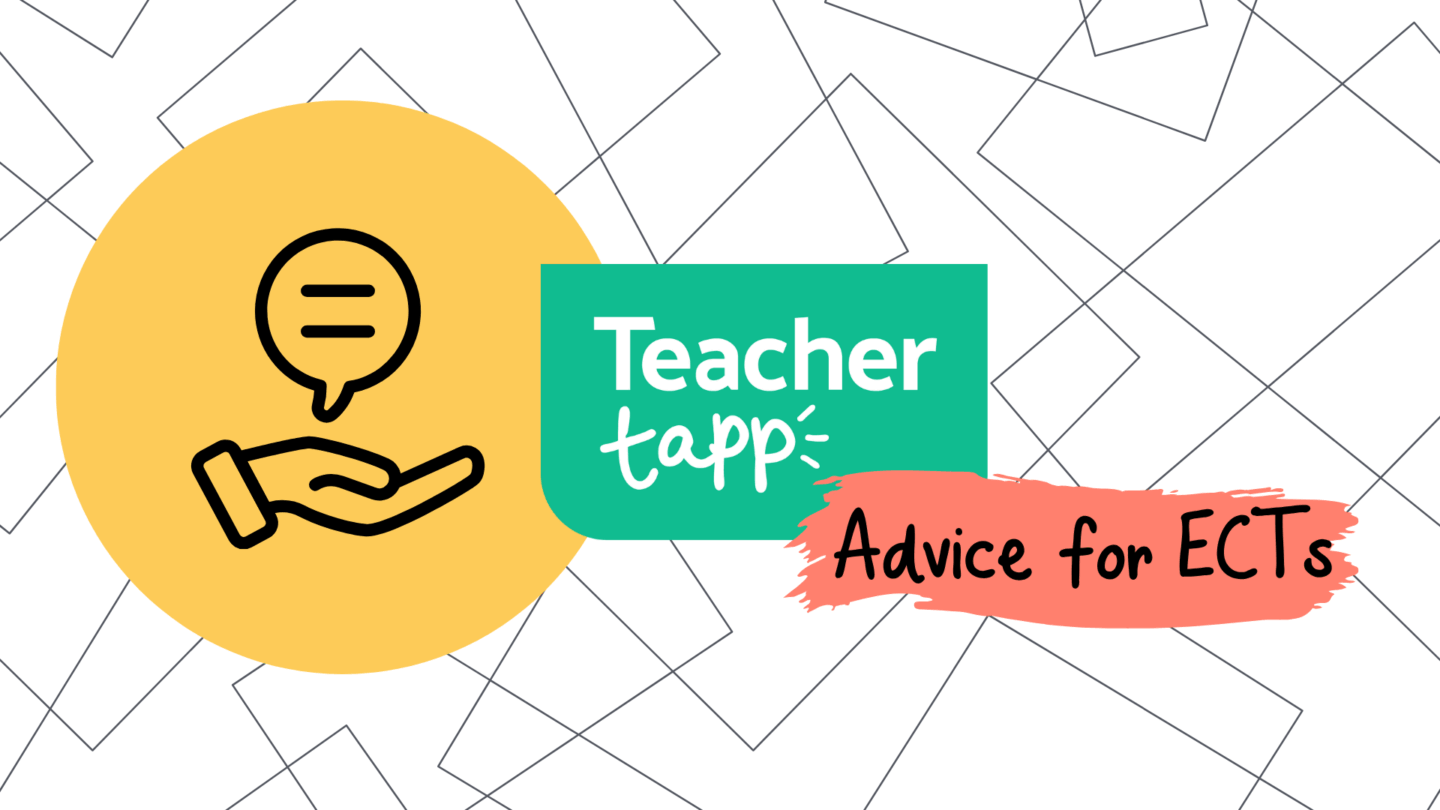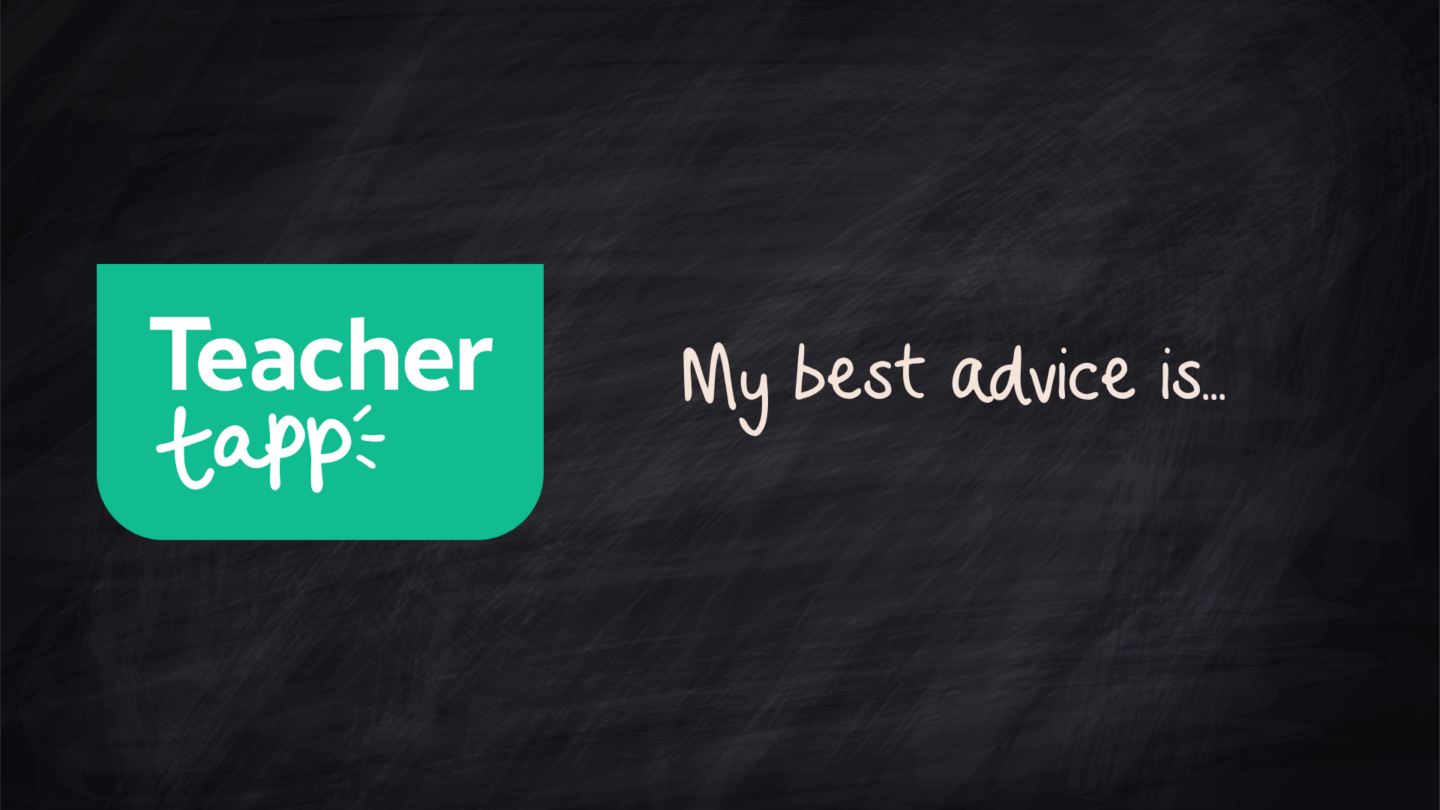Hello Teacher Tappers!
Happy holidays to the third of you on your Easter break! And ‘keep going you’ve got this’ to the rest of you still holding on in the classroom – your time will come 🙌.
March is almost over BUT this is all very exciting because it just means our March prize draw is coming closer, and soon we’re going to be announcing the winner of TEN Teacher Tapp umbrellas ☔️🌂☂️.
Check your app to see how many tickets 🎫 you’ve already accumulated – and be sure to keep tapping every day to get as many as you can before the end of March.
‘Low level disruption’
Although it has a pretty innocuous name, low level disruption can be the most infuriating issue for a teacher to deal with.
As always, the first thing we checked when the data came in was how those of you in primary answered compared to secondary…. and then how each subject in secondary compared to each other:

The most significant difference was that far fewer of you in primary classrooms told us you had issues with students arriving late (34% in KS1 and 36% in KS2 and this makes sense – far fewer chances to be late in primary!) and the number of you telling us you had calling out was lower in secondary.
Do take a look at the number of detentions issued vs records of low-level disruption – when we break this down by subject we can see far more of you teaching maths issuing detentions, and on balance science reporting higher levels of disruption.
But these in the main are very small differences – to see the really significant differences you have to break down your answers by different roles:

As you can see, classroom teachers are far more likely to experience low level disruption (73% vs 58% chatting), and far more likely to be issuing detentions (10% vs 5%). However, things became really interesting when we looked at role AND Ofsted grading 🔍.

As the above shows, the experience in the classroom for a senior leader in a school that is graded ‘requires improvement’ reports similar levels of low-level disruption as a classroom teacher in a school graded outstanding.
Perhaps when we consider how hard it is to recruit in schools graded RI, the everyday classroom experience comes into play? Do you consider general classroom behaviour as a factor when thinking about which school to make a move to? 🤔 Let us know what you think on the app or on socials ⌨️.
“There is a parent in reception waiting to see you…”
There is hardly a week that passes when the ‘home school relationship’ isn’t discussed in the news. It’s fair to say school leaders spend most of their time working with their communities and managing parent relationships.
But what does that work look like? We wanted to find out a bit more about the type of parent issues school leaders have been contending with…so we asked!

From your replies, there are common issues ALL leaders are facing, and there are some that are very much specific to the context you’re working in.
Have you seen changes in the interactions you’re having with parents? Let us know what your experiences have been like…
Admin tasks on the ‘no go’ list
The Hokey Cokey of admin tasks that WERE put on the list of tasks teachers shouldn’t be asked to do, and then were taken out, are now, officially back in.
Not sure what we’re talking about? From this September, School Teachers Pay and Conditions document has been updated with a list of administrative tasks teachers (including leaders) should not be asked to do. This list was previously in the document and was removed.
Now it’s back – but what is the current state of play? Are teachers doing these jobs already? You told us, yes, yes you are.

It’s obvious that the bulk of these tasks are being completed by classroom teachers – and without an army of willing TAs or volunteers to suddenly take on these jobs we wonder who will do them?
Let us know what you think on socials or through the app…💬.
Mark like nobody is watching…
If no one was checking, what would you mark? Well, from your replies it seems you would mark a whole lot less!
This is a question we’ve asked you several times before – and as you can see, there has been only small variations in your replies:

But what about different subjects? Well – here it’s clear – English teachers are the least likely (19%) to carry on marking at the same rate if nobody checked up on them, and maths are the most likely (34%).
This isn’t a surprise given the length of time it takes to mark English vs maths, right?
However – take a look at those who wouldn’t do ANY of it – English is the least likely to stop marking altogether (8%)! And maths? 11% of you teaching maths said you would ditch all of the marking – but science and PE came out top at 13%.
What does the perfect marking policy look like? And does it exist?! Tell us your theories – we’d love to hear them!

Top events
Have you been looking at our new ‘events’ feature on the app? This week our most viewed event was ‘How to observe a lesson with Adam Boxer’ by Mr Barton Maths. You can check out the events on your app – and now you can even filter for topic, key stage and event type!
Ups and Downs
On the rise 📈
Sharing objectives: More of you in primary classrooms are sharing objectives at the start of the lesson – up to 73% from 65% in 2018.
Heading down 📉
Those in favour of trimming down the number of SLT: In 2018 63% of you in secondary schools voted in favour of trimming down the leadership teams – but now that’s dropped to just 40%.
Daily Reads
Our most read daily read this week was the blog: Stop saying deliberate practice by @nickpointer_
If you would like to read the rest you can find them here 👇





